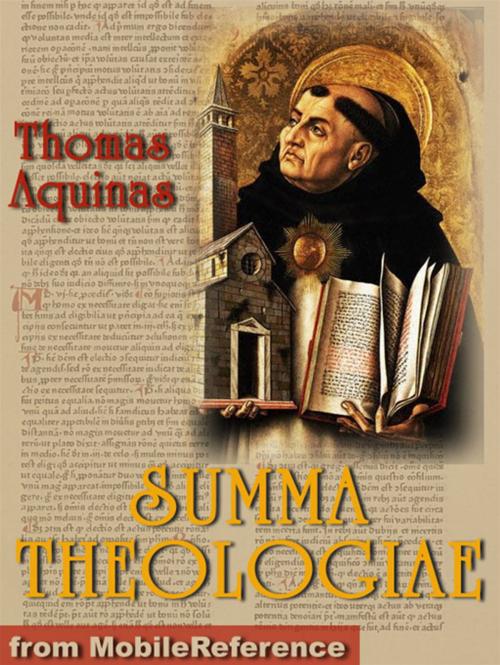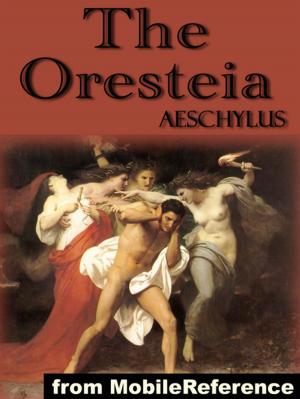Summa Theologica: Translated By Fathers Of The English Dominican Province (Mobi Classics)
Nonfiction, Religion & Spirituality, Christianity, Denominations, Catholic, Catholicism, Theology| Author: | Thomas Aquinas | ISBN: | 9781607782506 |
| Publisher: | MobileReference | Publication: | January 1, 2010 |
| Imprint: | MobileReference | Language: | English |
| Author: | Thomas Aquinas |
| ISBN: | 9781607782506 |
| Publisher: | MobileReference |
| Publication: | January 1, 2010 |
| Imprint: | MobileReference |
| Language: | English |
The Summa Theologica (or the Summa Theologiae or simply the Summa, written 1265-1274) is the most famous work of Thomas Aquinas (c. 1225-1274) although it was never finished. It was intended as a manual for beginners as a compilation of all of the main theological teachings of that time. It summarizes the reasonings for almost all points of Christian theology in the West, which, before the Protestant Reformation, subsisted solely in the Roman Catholic Church. The Summa's topics follow a cycle: the existence of God, God's creation, Man, Man's purpose, Christ, the Sacraments, and back to God. It is famous for its five arguments for the existence of God, the Quinquae viae (Latin: five ways). Throughout his work, Aquinas cites Augustine, Aristotle, and other Christian, Jewish and even Muslim and ancient pagan scholars.The Summa Theologica is a more mature and structured version of Aquinas's earlier Summa Contra Gentiles. This earlier work was more apologetic, each article refuting a belief of a heresy.-- Excerpted from Wikipedia, the free encyclopedia.
The Summa Theologica (or the Summa Theologiae or simply the Summa, written 1265-1274) is the most famous work of Thomas Aquinas (c. 1225-1274) although it was never finished. It was intended as a manual for beginners as a compilation of all of the main theological teachings of that time. It summarizes the reasonings for almost all points of Christian theology in the West, which, before the Protestant Reformation, subsisted solely in the Roman Catholic Church. The Summa's topics follow a cycle: the existence of God, God's creation, Man, Man's purpose, Christ, the Sacraments, and back to God. It is famous for its five arguments for the existence of God, the Quinquae viae (Latin: five ways). Throughout his work, Aquinas cites Augustine, Aristotle, and other Christian, Jewish and even Muslim and ancient pagan scholars.The Summa Theologica is a more mature and structured version of Aquinas's earlier Summa Contra Gentiles. This earlier work was more apologetic, each article refuting a belief of a heresy.-- Excerpted from Wikipedia, the free encyclopedia.















